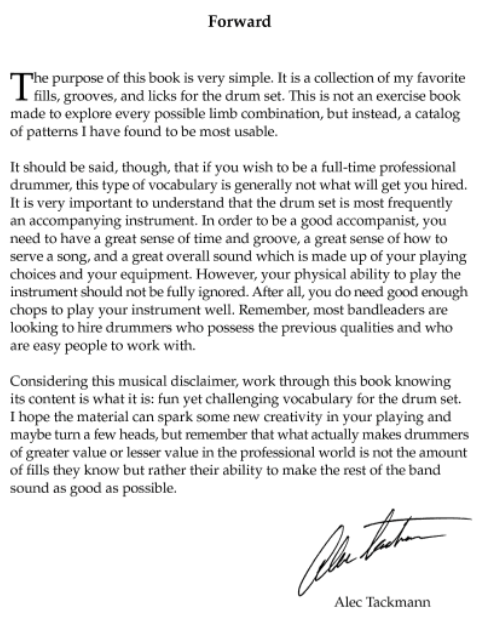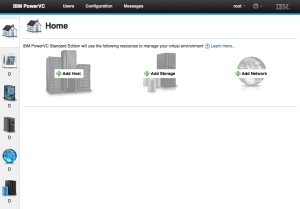When I was 16, I was a drug dealer.
Well, that’s what my friends parents assumed since all I talked about was the music gear I kept buying. I believe their comment to my friend was, “how on earth could he have that kind of money while unloading trucks at Dayton’s!?!”.
Truth is I just never spent a cent on anything else. If I couldn’t play it or drive it, it never really was of interest to me.
I loved buying and talking about gear. “I love my new Oberheim Matrix 6…especially the…”, or, “You’ve GOT to listen to this new patch on my Korg Poly 800″… and on and on. The vibe, sounds, (and smells) of “Knut Koupee”, “Torps” or “The Good Guys” are some of the most fond memories I had growing up.
Over the course of a year, I created a respectable electronic studio where I created some pretty cool sounds and songs
[bandcamp width=100% height=120 album=2814497364 size=large bgcol=ffffff linkcol=0687f5 tracklist=true artwork=small]
But through all the analog goodness, I discovered one thing that the music instrument industry got right that almost no other consumer industry has yet to achieve:
Interoperability. <yawn>
I know. Boring. But it’s true.
MIDI – Musical Instrument Digital Interface…an inter-company interface that let one electronic instrument (synth, drum machine, sequencer, …) talk to another, regardless of who built it.
For me, a musician, MIDI enabled the ultimate user experience: MIDI lets musician use the tools they want, to create something new and wonderful, without having to adjust their behavior due to greed, or fear, or whatever it is that prevents companies from providing complete interoperability.
Further, the musical instrument industry blossomed! Nobody was trying to “build their ecosystem”, or “Capture the market”, they were driven to create amazing instruments to delight their users … they were trying to outpace their competitors not in proprietary environments, but in awesome sounds…awesome experiences.
Some of my favorite moments is composing a song with the following all working seamlessly together (ready?):
Keyboards (modules):
Yamaha DX7
Oberheim Matrix 6
Korg Poly 800
Roland RD-500 (which could talk to all of them at the same time)
Roland XV5080
Proteus 1
Drum Machines:
Oberheim DMX
Yamaha RX-5
Alesis DM-Pro
Sequencers:
Roland
Yamaha QX3
And it was all synched from my click track on my Yamaha MT1X 4-track recorder where my vocals and guitar tracks lived.
Look at all the companies that focused on the user! (I know, you’re about to say, ya, but some of them are not in business…and while true, it was mostly from the analog/digital wars…impressions that analog synths were crap…which we now know they’re awesome…and just another set of tools to help musicians create amazing art)
But there’s hope!
Just yesterday Amazon and Microsoft announced that “Alexa and Cortana have become friends”. If they really are working for full interoperability, I think this could be the beginning of exponential growth in great experiences. The skeptic in me is wary since they’re currently just passing control to each other based on user commands like “Alexa, open Cortana”… which creates ‘modes’, an awful experience.
VIDI
But just imagine…what if there was VIDI: Voice Interoperability Digital Interface; where a user could just speak into the air, and all the variety of voice assistants would chat amongst themselves to see how which one…or which combination of them…could delight the user…
THAT is a future direction that is truly focused on user experience…and one that could see growth in the industry that would dwarf where it is now.
Here’s to the future learning from the past: How a growing industry can achieve UX greatness…delivering outstanding user experiences, interoperability…and here’s to MIDI…the technology EVERYONE should love because it is a shining example of what can happen if we collectively work to delight our users by just making our stuff work together.
To read more about the Alexa and Cortana friendship, start here:
https://www.nytimes.com/2017/08/30/technology/amazon-alexa-microsoft-cortana.html
http://www.businessinsider.com/amazon-alexa-and-microsoft-cortana-how-it-works-and-why-2017-8?r=UK&IR=T
To read more on MIDI, start here: https://www.midi.org/articles/the-history-of-midi


